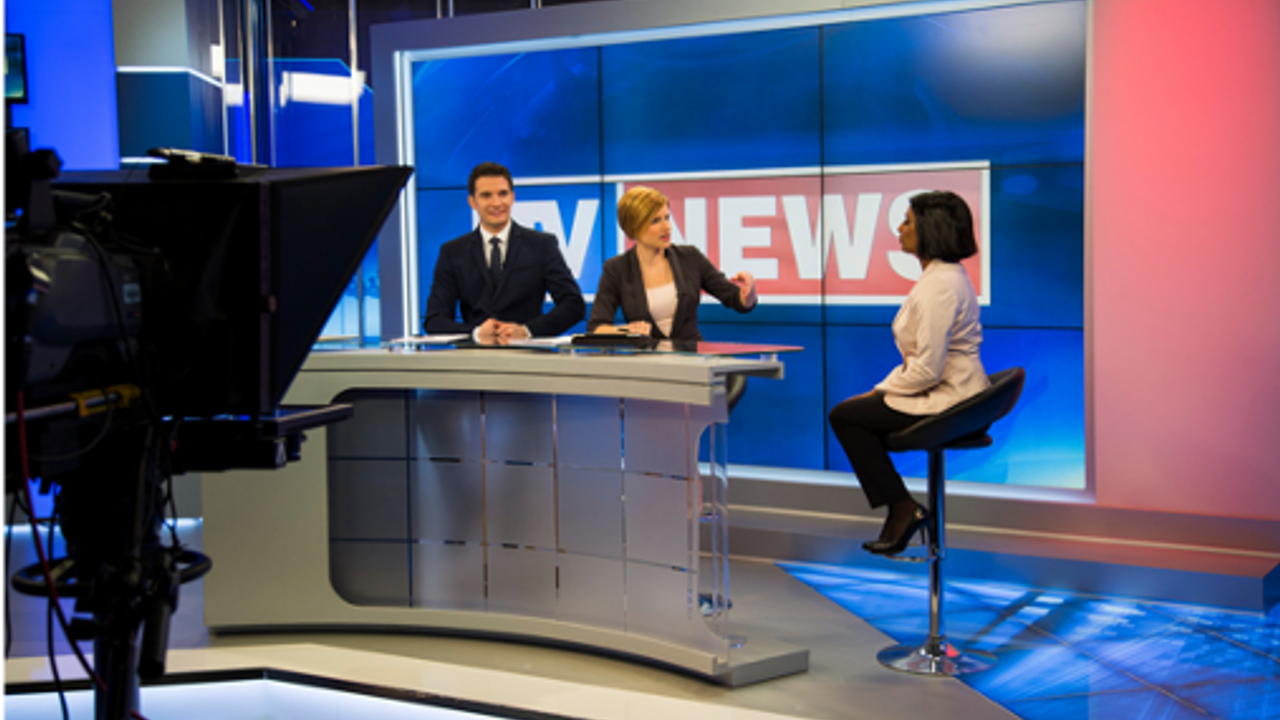How to support your spokesperson in a media interview
May 13, 2021
There is no better support for your spokesperson in a media interview scenario than preparation, but we also know that you know that already. Sending an untrained executive or representative out to face the media on behalf of your organisation would leave us, at best, questioning your HR and leadership skills and, at worst, with a disaster of an interview scenario, rendering your messaging worthless or even leading to humiliation.
This sounds brutal, but believe us, over two decades, we’ve seen this often, and that’s why we do what we do at The Communications Works. Media training and support is vital for anyone being put in front of a camera or microphone – and even if that’s not you, the organisations reputation is at stake, making it more import to make sure that those spokespeople or executives who are in front of the media have all the appropriate support you can give them, and know how to do media interviews. They need to know the core message to be delivered, who the audience will be and how to respond effectively to a negative line of questioning. Here are some ways that you can support and enhance your spokespersons preparation and chances of a successful and positive media opportunity.

Their voice, not yours
Contradictory? Not really – we are all individuals with different voices. The message comes from the organisation and absolutely must resonate. Being on the same page doesn’t mean that the spokesperson cannot deliver the message in their own way. Expecting them to ‘sound’ like somebody else leads to nerves and confusion. Within the company guidelines, allowing them to use their own language, even anecdotes and examples brings colour to an interview and will leave the spokesperson much more comfortable and at ease, which can only lead to better engagement with your core messaging.
Beyond the basics
Your spokesperson may already have some experience in a media scenario, but it’s important to recognise that they may be less comfortable in a different set up or scenario. It’s very different to be pitched against an opposing brief, or sit ‘on the sofa’ with the journalist, than a straight face to face Q&A or sound bite. Make sure you discuss whether the interview is live or pre-recorded for example, and put them at ease with scenarios beyond the basics by sharing your own experience in the wider media environment. You need the confidence in them too, to know that they are comfortable in all media environments.
Review…
Any previous interviews or media interviews the spokesperson has taken are a great starting point for looking back and identifying the positives and anything that could be improved, or may have changed since then, focus and messaging wise. Feedback needs to be honest and realistic. The key is to leave the individual feeling prepared and at ease. If there is a raft of interviews planned across a day, a break in between gives an opportunity for constructive feedback and areas to review for the next shot.

Kindness costs nothing
We are all different, and you know the spokesperson best. If they weren’t appropriate, they wouldn’t be in front of the media in the first place, so the most supportive thing you can do is to play to their confidence strengths, or lack of. Maybe constant feedback isn’t the best way to engage this person and put them at ease? Maybe over-preparation or too much information is not the best way to support this individual. You’ve made your choice of spokesperson for a reason – play to their strengths and point out the positives!
And finally…
The ultimate way to support your spokesperson in their media interviews is to ensure they are fully trained by professionals. The Communications Works offers training and coaching with journalists and PR professionals with global, top-tier experience. Preparation is crucial to a successful outcome for your brand or organisation, and we can help.
Contact us for a bespoke quote to meet your media training needs.
FREE DOWNLOAD
THE ULTIMATE ONLINE PRESENTATION CHECKLIST
Online presentations might look easy, but they are actually harder than they appear. In this essential guide we share with you our tried and tested techniques to master your online presentations.


